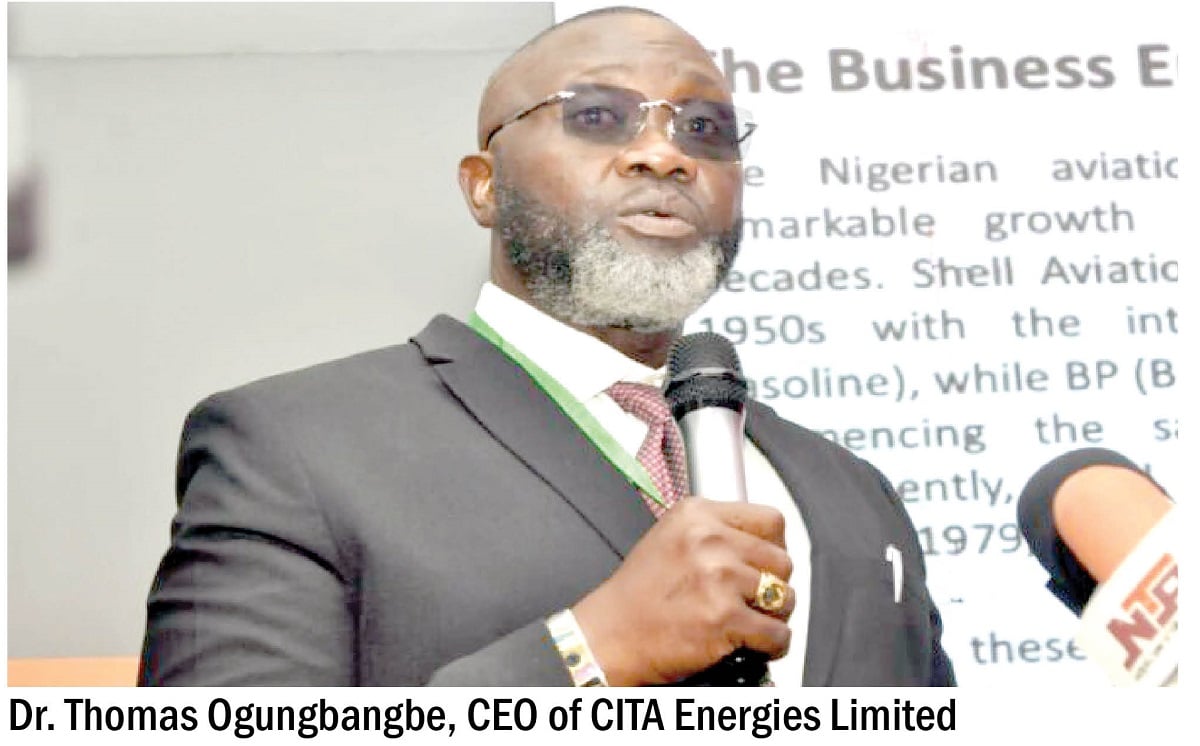Copyright tribuneonlineng

Stakeholders in Nigeria’s aviation fuel sector have called for a revamp of infrastructure and a dedicated regulatory framework to ensure the availability, quality, and affordability of jet fuel. The call was made at a colloquium organized by CITA Energies and the League of Airport and Aviation Correspondents (LAAC) in Lagos. “The role of aviation fuel, its pricing availability, quality and supposed regulation by aeronautical and other agencies dominated discussions at the colloquium,” according to the communique issued at the end of the event. Participants resolved that there is a need to revamp aviation fuel infrastructure across Nigeria’s airports to improve the availability and distribution of aviation fuel to airlines. They also called on the government to devise a less cumbersome and expensive aviation fuel distribution method that will keep trucks away from the roads while ensuring quality, enhancing availability, and minimizing safety challenges posed by congestion of fuel trucks at the airports. “Aviation fuel constitutes 40 per cent of airlines operating costs and the price and access to jet A1 negatively affect airlines,” said Dr. Thomas Ogungbangbe, CEO of CITA Energies Limited. “It is important for aviation and fuelling authorities to address issues of quality, availability, and pricing of jet fuel to enable airlines to survive.” The colloquium also emphasized the need for regulatory bodies to give more attention to the financial health of aviation marketers and for airlines to factor the cost of jet fuel into their ACMI to determine a realistic cost of operations. “The current all-comers’ status of jet fuel marketing and the existing human capacity gaps should be addressed to ensure efficiency, quality, and safety of jet fuel used by airlines,” said Mr. Chris Ndulue, Managing Director of Ndano Energy. The event also applauded the establishment of Dangote Refinery and its impact on jet fuel availability, but demanded compliance with international standards in regular inspection procedures and measures towards breaking monopoly in the business of refining jet fuel. “Modular refineries cannot meet international standards of production and maintenance, and are not alternatives to Dangote refinery,” said Dr. Richard Aisuebeogun, Co-Founder of Geometric Aviation Synergy Services Limited. The colloquium recommended the exploration of Sustainable Aviation Fuel (SAF) as an emerging global trend and called for collaboration among airlines and fuel marketers to bring down prices and ensure quality of jet fuel.



